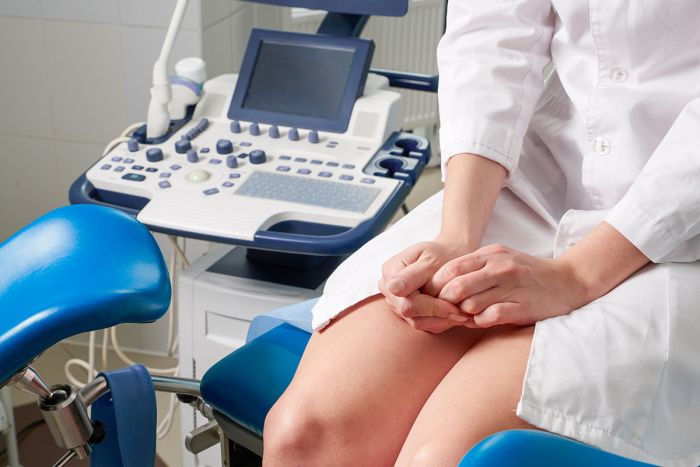
The American Academy of Pediatrics has released new guidance stating that the genetic disorders Trisomy 13 and 18 are not "uniformly lethal" and the practice of promoting abortion and "postnatal comfort care" for all children with the conditions is outdated.
The guidance, published July 21, notes the "steady increase in medical and surgical interventions for infants and children with trisomy 13 and 18" over the last several years. The medical organization described the conditions as "chromosomal syndromes associated with a range of congenital anomalies and universally severe neurodevelopmental impairment."
Trisomy 18, a conition where a person has three copies of chromosome 18 as opposed to two, is often associated with seizures and congenital heart diseases. Complications from Trisomy 13, where a person has three copies of chromosome 13, can include seizures and cleft lip and/or palate.
"Despite previous characterizations of these disorders as being uniformly lethal, multiple studies have demonstrated improved morbidity and mortality when indicated interventions, such as cardiac surgery, are performed, and these interventions and their potential risks and benefits can be carefully explored with parents who may wish to pursue them," the guidance states.
"Although the presence of trisomy 13 or trisomy 18 impacts prognosis for survival and long-term outcomes and cannot be disregarded in complex decision making, there are no ethical justifications for universal, principle-based differential treatment based solely on these genetic diagnoses."
Medical and surgical interventions that are offered, denied or required for patients "should be based on the best available evidence and appropriately tailored to the individual's clinical context, should respect for the same moral principles as are applied to other children, and should not vary widely between institutions," the guidance asserted.
While the guidance acknowledged a more positive prognosis for Trisomy 13 and 18, statistics shared by the AAP noted that about 12.3% of those with Trisomy 18 survive beyond their fifth birthday and 9.7% of children with Trisomy 13. Still, the report suggests that the previous practice of focusing on "pregnancy termination" and "postnatal comfort care" for children with the conditions is outdated.
"Prenatal counseling for expectant parents whose fetus was found to have T13 or T18 once focused exclusively on options for pregnancy termination or postnatal comfort care, on the presumptive basis that all affected infants died," the guidance reas. "However, examination of contemporary outcomes for these infants suggests that death in the neonatal period is not universal, particularly for infants who receive intensive medical and surgical care after birth."
Although the guidance described "exclusive comfort care" as a "morally acceptable choice" for parents of infants with Trisomy 13 or Trisomy 18, it clarified that "this diagnosis alone does not justify unilaterally withholding therapies that have the prospect of prolonging life or facilitating hospital discharge."
Pro-abortion activists have insisted that parents of children diagnosed with Trisomy 13 and 18 should be allowed to abort unborn children with the conditions following the 2022 U.S. Supreme Court's Dobbs v. Jackson Women's Health decision that led to several states implementing near-total bans on abortion.
In late 2023, a Texas woman named Kate Cox was the focus of national news articles amid her efforts to abort her unborn baby, who was diagnosed with Trisomy 18.
Cox filed a lawsuit against the state of Texas over its law banning abortions in almost all cases, maintaining that continuing the pregnancy presented a danger to her health and future fertility. Cox was 20 weeks pregnant at the time of her baby's diagnosis. While a lower court determined that Cox's pregnancy met the definition of a medical exception under the state law, the Texas Supreme Court reversed the ruling. This prompted Cox to have an abortion out of state.
Then-President Joe Biden, an opponent of abortion restrictions, invited Cox as his guest to his State of the Union address in 2024 in an attempt to draw attention to what he views as the negative consequences of state-level abortion restrictions.
Even before the AAP released its new guidance last week, mothers of children with Trisomy 13 and 18 insisted that it was possible to live fulfilling lives with the condition.
In an op-ed published with The Christian Post last year, Jennifer Thenhaus detailed how her daughter Melody, who was diagnosed with Trisomy 18 after birth, was deemed "incompatible with life" and "sent home on hospice to die."
Although she had "significant holes in her heart" and "severe apnea," these health issues resolved as she got older. Melody was 11 "with no health issues other than scoliosis" at the time of the op-ed's publication in October 2024. The mother stressed, "Melody is thriving."